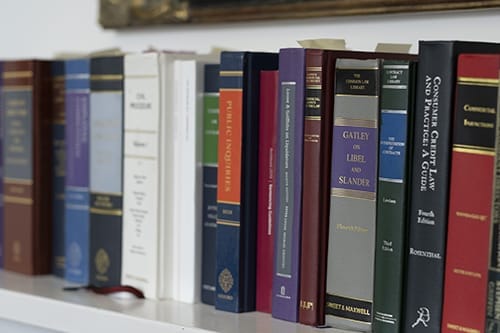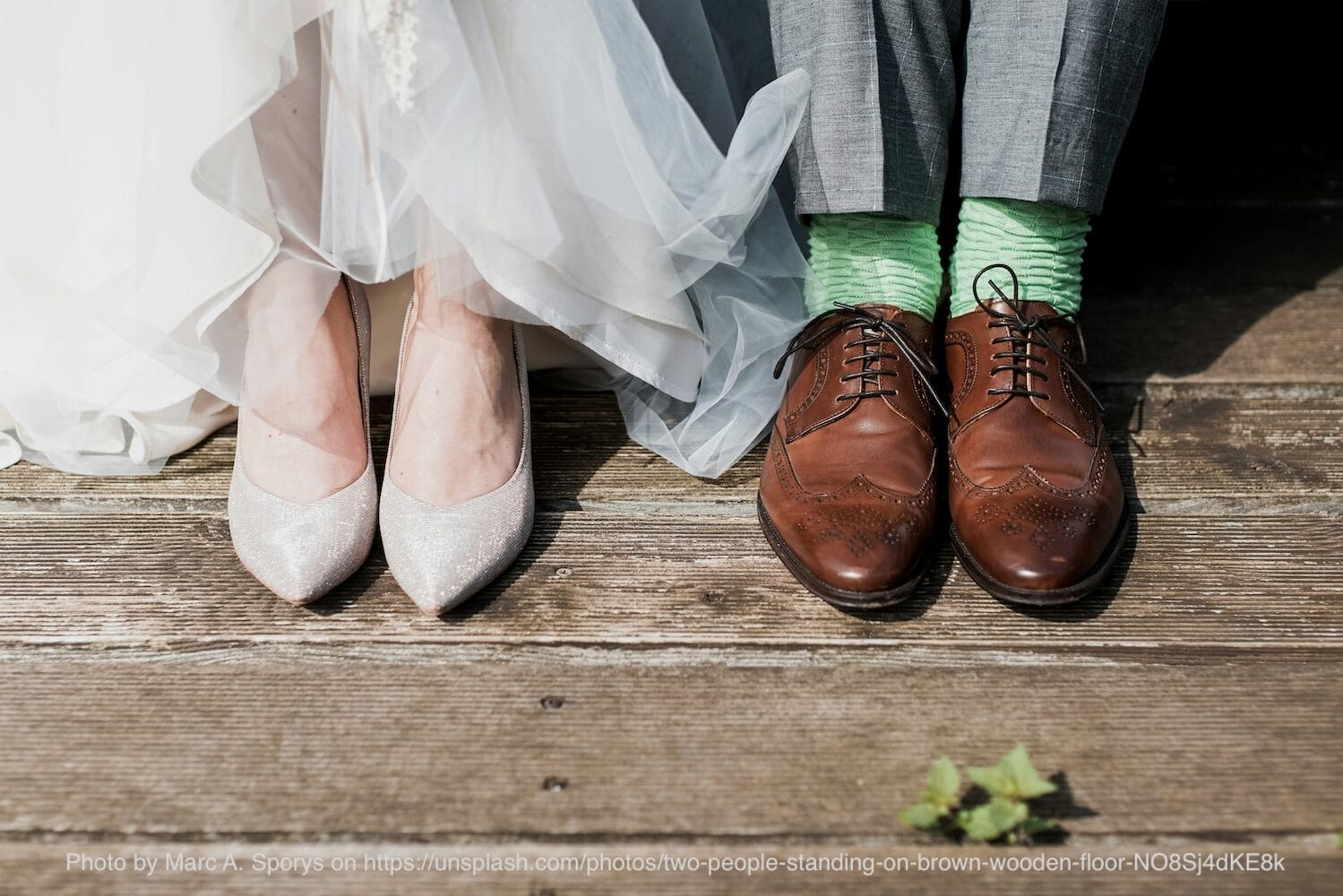Earlier this year (April 2024), the European Court of Human Rights (ECtHR) ruled that the Swiss Government’s climate policies violated human rights, in particular the right to a private and family life protected by the state from the “serious adverse effects” of climate change.
The judgement certainly set a far-reaching precedent. It reflects a growing recognition of climate change as a human rights issue, and a view that governments and corporations alike should be held accountable for their actions (and inactions) when it comes to tackling climate change and its impact on our way of life.
Some commentators view this as a significant overstep on the part of the ECtHR, and an intrusion into politics and democratic policy making – including former UK Supreme Court Justice Lord Sumption, who wrote in the Times that as a result of this ruling the UK should seriously consider withdrawing from the European Convention of Humans Rights (ECHR). Others see it as an important step in guiding the actions that governments and corporations must take in the future.
It’s food for thought for our new Labour government, as they commence the promised changes to Great Britain’s climate, energy and nature policies.
The intersection of human rights and climate change
 The ECtHR found that the Swiss Government had failed to comply with its obligations to implement a domestic regulatory framework, quantify national greenhouse gas emissions limitations, and meet greenhouse gas emission reduction targets.
The ECtHR found that the Swiss Government had failed to comply with its obligations to implement a domestic regulatory framework, quantify national greenhouse gas emissions limitations, and meet greenhouse gas emission reduction targets.
This is not the first time national and international courts have presided over climate change cases against governments under the ECHR:
- In 2015, The Urgenda Foundation sued the Dutch Government for failing to take sufficient action to prevent climate change. The District Court of the Hague, and later the Dutch Supreme Court, ordered it to cut greenhouse gas emissions by 25% as a result.
- In Pakistan in 2015, a farmer won a case against the Pakistani government in the Lahore High Court, for inaction on climate change that threatened his livelihood and fundamental human rights. The Pakistani government was directed to implement its climate policy more effectively and establish a Climate Change Commission to ensure compliance.
- In the USA between 2015 and 2020, a group of young adults filed a lawsuit against the US government for actions contributing to climate change that violated their constitutional rights to life, liberty, and property. Whilst ultimately unsuccessful, it has resulted in an increase in similar lawsuits – including cases by young activists in Germany, Argentina, Brazil, France, Portugal, Norway, Russia, Turkey, the UK, and across all EU member states. Each sought to hold governments accountable for their contribution to climate change and impacts on the human rights of younger generations.
How does climate action/inaction constitute a violation of human rights?
The adverse effects of climate change, and government action/inaction to mitigate them, can be viewed as compromising human rights in a number of ways, including:
- Right to Life – threats from extreme weather events, rising temperatures, disease, and reduced access to clean food and water
- Right to Health – impact on air quality, the prevalence and spread of diseases and increased malnutrition, and therefore strain on healthcare provision
- Right to Water – reduced availability and quality of water
- Right to Housing – increased frequency of flooding, storms and other climate-related impacts destroying homes and increasing displacement
- Right to Work – disruption to economies and jobs reliant on natural resources, such as farming, fishery and tourism.
- Rights of Indigenous People – impacts on traditional ways of life, cultural practices and land rights
- Right to family and private life – damage caused by extreme weather events, health impacts, access to resources, and food security, to name but a few.
What next for governments?
The United Nations (UN) and the ECtHR are increasingly putting pressure on governments to integrate human rights into climate change policy making and subsequent action. The intent is to encourage a more holistic view on the impact of climate change, and not just brand it as an environmental issue.
The same can be said of corporations, who likewise need to take better account of the impact of their operations on individuals, families, communities and future generations.
We can certainty expect to see more of these actions in the future.
Litigation has a key role to play in driving climate action and protecting human rights
Litigation has proved to be an effective force for good for driving climate action – holding governments to account, influencing policy decisions, and highlighting opportunities that deserve public scrutiny and debate, as well as seeking justice for harm caused by inaction.
The new Labour Government certainly has a big in-tray when it comes to delivering meaningful and impactful change. Climate litigation will play a key role in empowering change and ensuring accountability.







